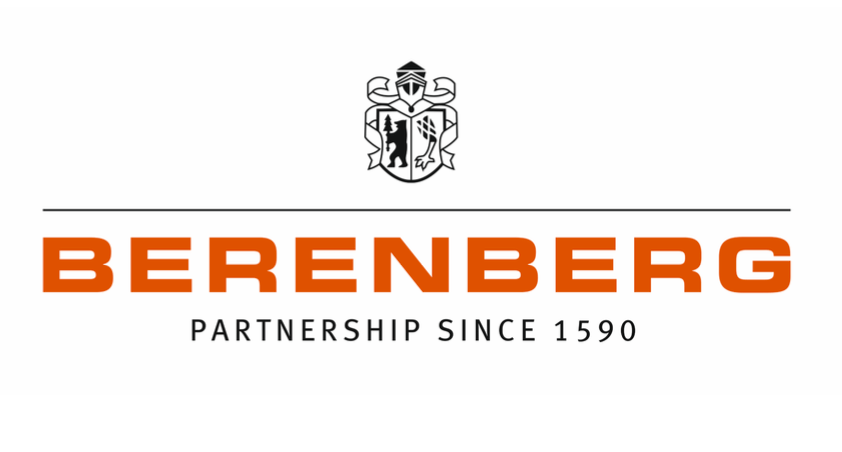Investors more open to ILS with clean exit than new reinsurance startups: Berenberg

Analysts from investment bank Berenberg have said that investors may, at this time, be more open to allocating capital to reinsurance via insurance-linked securities (ILS) vehicles than through any new “Class of” startup companies.
The analysts have been in attendance at the 2023 Monte Carlo Rendez-Vous de Septembre event in recent days and came away with the view that the “much improved expected returns achieved amid the paradigm shift that the market has experienced in 2023 will persist for longer.”
They noted that, unlike a year ago and after hurricane Ian, “capital market activity appears to be slightly more active.”
However, “Although there have been reported discussions and announcements about a few start-ups, we believe investors remain cautious,” they said.
Continuing to say that, “At the moment, capital raises do not appear to be meaningful enough to put significant downward pressure on rates, and hence we believe will not materially move the needle.”
But they also noted that investor preferences may not support too much capital flowing into reinsurance start-ups at this time.
“It also appears that investors are more open to the idea of sidecars and alternative capital where they can take a more short-term view on a single year while having a “cleaner” exit strategy,” the analysts explained. “Rather than taking a view on a franchise with a more medium-term exit plan amid elevated uncertainty on nat-cat claims due to climate change and relatively subdued P/B multiples on listed players.”
They also noted that the catastrophe bond market has benefited from investor flows of late, saying, “The flow of capital in the CAT bond space followed a very attractive rate on line (ROL) for peak tail risks, such as 1-250 return period, which has subsequently allowed spreads to ease.”
All of which suggests that interest in ILS funds and alternative reinsurance capital structures may persist, while any start-ups that do make it off the line could be likely to adopt hybrid models, integrating efficient ILS structures for capital alongside any traditional reinsurance balance-sheet creation.






